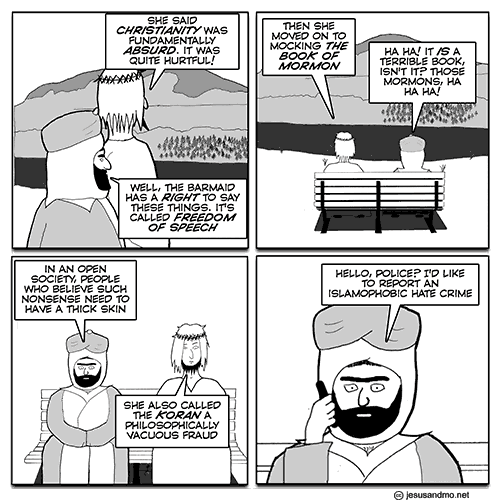That’s what Dr Peter Boylan, the former master of Ireland’s National Maternity Hospital, told the inquest today.
Dr Peter Boylan said that if Ms Halappanavar had been given a termination on the Monday or Tuesday, one or two days after she was admitted last October 21st, she would “on the balance of probabilities”, still be alive.
“It is highly likely she would not have died” if she had been given a termination earlier, he added.
However, terminating her pregnancy was not a practical proposition for the doctors treating her at this time because of the legal situation in Ireland, he said.
Before reading more, I wonder – is it possible that that’s why there was so much apparent neglect and incompetence? That that’s why doctors failed to treat her deteriorating condition as an emergency for so many hours? Is a woman with a stalled miscarriage just an obvious scary liability in Irish hospitals, and do such women as a result get even more neglected because doctors can’t stand to confront the reality?
But really that’s beside the point, because if they’d done the termination earlier there probably wouldn’t have been any emergency to neglect. They created their own damn emergency and then neglected it, thanks to Irish law. Fuck you, Irish women, says Ireland.
Dr Boylan said there were a number of deficiencies in the care provided to Ms Halappanavar, including the failure to note and review her initial – abonormal – white cell count and a conflict of evidence between a midwife and doctor who treated her early on the Wednesday morning.
He said University Hospital Galway’s guidelines on sepsis were “not particularly helpful”. The particular antibiotics administered to Ms Halappanavar early on the Wednesday could also be regarded as deficient but were in line with international recommendations, he said.
The real problem was the inability of doctors to terminate her pregnancy at an earlier stage, Dr Boylan said. By the time her condition worsened and this became possible, it was too late to save her life.
Ok next question. A stalled miscarriage is not a terribly rare event. I don’t know the statistics but I gather from what Jen Gunter says that it’s something an obstetrician expects to see on occasion. It happens. It’s not like a two-headed calf.
Dr Boylan said obstetricians were working in a legal “vacuum” as to when a mother’s risk of dying was high enough for them to be legally allowed to terminate a pregnancy. Under cross examination he told Eugene Gleeson, SC for Ms Halappanavar’s husband Praveen, that the legal position was that there had to be a “real and substantial” risk to the life of the mother, but that there were no guidelines on what constituted the real and substantial risk.
And how fucking insulting is that? The position in law that if the risk is not “substantial” enough then the woman must be forced to take it.
Mr Gleeson referred to the Medical Council guidelines which state: “In current obstetrical practice, rare complications can arise where therapeutic intervention (including termination of a pregnancy) is required at a stage when, due to extreme immaturity of the baby, there may be little or no hope of the baby surviving. In these exceptional circumstances, it may be necessary to intervene to terminate the pregnancy to protect the life of the mother, while making every effort to preserve the life of the baby.”
Mr Gleeson asked Dr Boylan whether the risk posed by severe sepsis satisfied this standard. Dr Boylan said the standard had not been reached, according to Ms Halappanavar’s medical notes, until 6.30 am on Wednesday 24 th.
That is just disgusting. Just utterly disgusting. “Sorry, hon, you have to get a lot sicker than this before we can end your pregnancy.”
Asked whether it was reasonable to wait until there had been a 51 per cent risk of death, as had been suggested by counsel for Dr Katherine Astbury at the inquest last week, Dr Boylan said medicine was “not like that”.
He said in his opinion a risk of 20 per cent to 40 per cent risk of death was sufficiently “real and substantial” for a doctor to terminate a pregnancy. “I wouldn’t agree with 51 per cent”.
He said doctors from abroad working here could not understand the restrictive law on abortion here. “But we have to work within the law,” he said. “Had intervention occurred on 22nd or 23rd , Savita would be with us?,” asked Mr Gleeson. “Yes,” said Dr Boylan.
Doctors from abroad have it right. The law is an outrage.
(This is a syndicated post. Read the original at FreeThoughtBlogs.)



